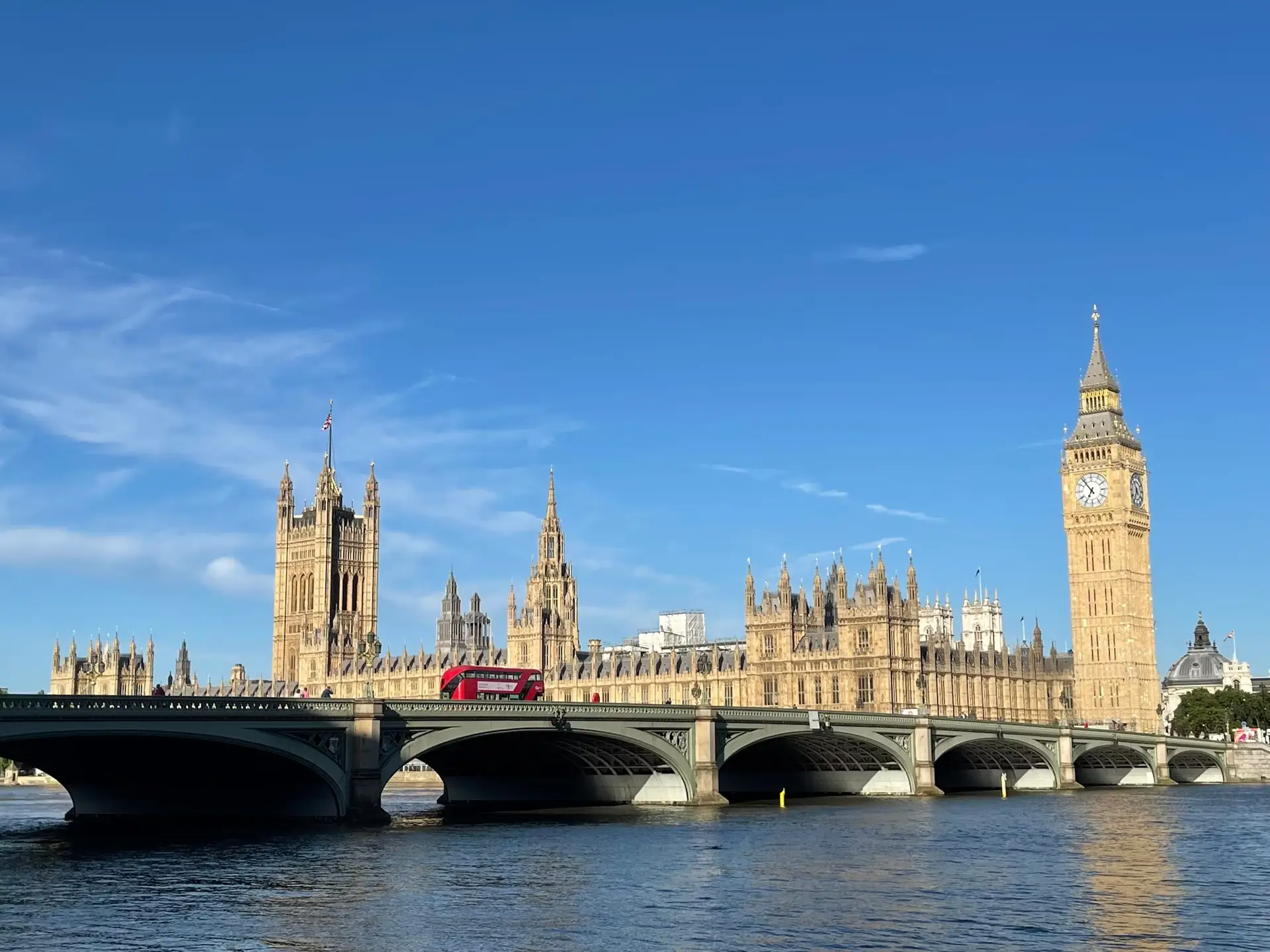Cancer is a relentless disease affecting many lives worldwide. In the UK, it is responsible for more than one in four deaths.[1] Addressing this disease’s fatal and far-reaching outcomes is a priority for governments around the globe. In the UK, Parliament plays a crucial role in discussing and shaping policies related to healthcare. Parliamentary attention and activity are crucial for representing important issues and prioritising them within the Government’s agenda, on behalf of the citizens that MPs represent.
The Office for National Statistics (ONS) releases data each year for the leading causes of death in England and Wales.[2] Brevia Health’s Disease Profile Tracker: UK Parliament aims to explore how the 20 leading causes of death in England and Wales are represented in the UK Parliament. According to data from the ONS, leading causes of death from the latest release (December 2022)[3] include seven different types of cancer: lung, breast, blood, colon, pancreatic, prostate, and oesophageal cancer.[4] [5] This article explores the statistics to uncover which cancer garnered the most attention in the UK Parliament during 2023 and the possible influences behind this.
A Breakdown of Cancer Mentions in the UK Parliament
Among the seven most fatal cancers, two dominated discussions in the UK Parliament throughout 2023: breast and lung cancer.
In 2023, breast cancer accounted for a significant 35 per cent of all mentions for these cancers. Lung cancer constituted 22 per cent.

Breast Cancer: A Breakdown of Parliamentary Activity
In 2023, breast cancer received notable spikes of attention during May and June. Both surges in awareness primarily stemmed from debates in the House of Lords. The debates focussed on Metastatic and Secondary Breast Cancer and were presented by Baroness Ritchie of Downpatrick.[6] [7]
Breast cancer received the highest level of attention in the UK Parliament during March 2023. This coincided with International Women’s Day[8] which resulted in a debate in the House of Commons.[9]
Lung Cancer: A Breakdown of Parliamentary Activity
Throughout 2023, there was a clear spike in parliamentary activity surrounding lung cancer in June. This peak was primarily a result of a debate in the House of Commons on Lung Cancer Screening. During this debate, the Health and Social Care Secretary announced an expansion of the national lung cancer screening programme for England. [10] [11]
Lung Cancer Awareness Month was recognised in November 2023.[12] Whilst parliamentary activity surrounding lung cancer remained consistent in November, there was no direct mention of the awareness month in the UK Parliament.
What Role do Charities and All-Party Parliamentary Groups (APPGS) play?
Charities and All-Party Parliamentary Groups (APPGs) have proven to be influential in driving political attention. The work of Breast Cancer Now reveals the positive impact these groups can have. Breast Cancer Now currently has a strong coalition of support with over 190 MPs serving as dedicated ambassadors for the charity. [13] Over recent years, their support has resulted in impactful campaigns. These include keeping breast cancer drug, Kadcyla, available for patients, introducing a bill to improve access to off-patent drugs and active participation within the APPG on breast cancer in the UK Parliament.[14]
It is clear that collaboration between the charity and dedicated MP ambassadors generates measurable effects. For example, in both 2022 and 2023 breast cancer was the most frequently discussed cancer, out of the seven most fatal, within the UK Parliament. This year, the charity’s No Time To Waste campaign garnered support from 50 cross-party MPs in a signed letter to the Health Secretary to support speedier diagnosis of breast cancer.[15]
In 2022, The Roy Castle Lung Cancer Foundation was commissioned by NHS England to develop a two-phased campaign to help improve the uptake of lung health checks.[16] These nationwide pilot programmes were crucial for demonstrating and raising awareness of the effectiveness that early screening has on outcomes for lung cancer patients. The campaign culminated in the Health Secretary’s announcement, on 26 June 2023, outlining plans for a national lung screening programme. As a result, mentions of lung cancer in the UK Parliament more than doubled during 2023 compared with the year before.
Attention that the UK Parliament dedicates to different diseases should not be viewed as arbitrary but rather as reflecting the power of active engagement with political leaders. Exploring how breast and lung cancer have been represented in the UK Parliament across 2022 and 2023 demonstrates the profound influence that awareness campaigns and charities can have in shaping healthcare policies and discussions within Parliament.
Notes
[1] Cancer Research UK, ‘Cancer Mortality Statistics’, link
[2] ONS, ‘Death registration summary statistics, England and Wales: 2022’, 11 April 2023, link
[3] ONS, ‘Monthly Mortality Analysis England and Wales: December 2022’, 20 January 2023, link
[4] ONS, ‘Monthly Mortality Analysis England and Wales: December 2022’, 20 January 2023, link
[6] Hansard, ‘Metastatic and Secondary Breast Cancer’, 9 May 2023, link
[7] Hansard, ‘Metastatic and Secondary Breast Cancer’, 19 June 2023, link
[8] International Women’s Day is a global day celebrating the social, economic, cultural, and political achievements of women and raising awareness for issues that affect women.
[9] Hansard, ‘International Women’s Day’, 9 March 2023, link
[10] Hansard, ‘Lung Cancer Screening’, 26 June 2023, link
[11]Hansard, ‘Lung Cancer Screening’, 26 June 2023, link
[12] MacMillan Cancer Support, ‘Lung Cancer Awareness Month’, link
[13] Breast Cancer Now, ‘Is your MP a Breast Cancer Now Ambassador?’, link
[14] Breast Cancer Now, ‘Is your MP a Breast Cancer Now Ambassador?’, link
[15] Breast Cancer Now, ‘#NoTimeToWaste’, link
[16] Roy Castle Lung Cancer Foundation, ‘Our role in Lung Health Checks’, link





